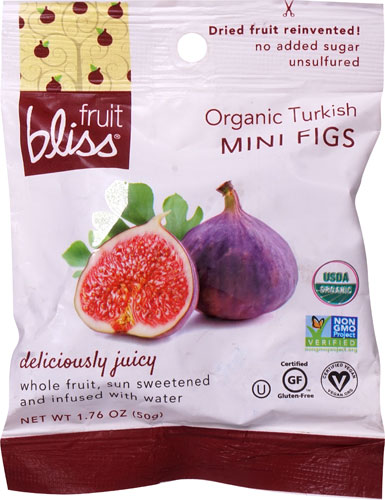Life is stressful. When you’re balancing work, family, healthy eating and exercise, stress seems to start in one area, and then spill over into every other aspect of your life. This can lead to restless sleep, irritability, digestive issues and much more. And so the cycle of health issues begins, which begets even more stress. But there is a silver lining.
The principles of an Ayurvedic diet may help you find balance in the midst of a hectic schedule. While this form of alternative medicine has been around for centuries, Ayurveda teaches concepts that can help reduce symptoms related to stress.
In Ayurveda, the mind is the origin of disease. Therefore, preventative – rather than reactive – measures are imperative in maintaining health. And food is a large part of this approach. In a world in which eating has become overly complicated, an Ayurvedic diet focuses on the simplicity of nutrient-dense, nuts, seeds, fruits and vegetables in season to support a healthy body and mind. Ready to give it a try? Add these foods to your plate every day, and the calmness will come.
10 Foods for an Ayurvedic Diet
1. Almonds – As a great source of protein and unsaturated fat, almonds support a strong body and mind. Ayurvedic principles recommend blanching and peeling almonds, since their skin can be slightly toxic.
2. Ginger – This plant is widely known for its ability to settle an upset stomach and promote healthy digestion. In Ayurveda, it can also help detoxify the body. Try adding ginger to a stovetop stir-fry or blending it into a smoothie to reap the benefits.
3. Green, leafy vegetables – Spinach, chard, arugula and collard greens are just a few examples of nutrient-rich leafy vegetables. Not only will these provide antioxidants vitamins A and C, but greens are a good source of iron, calcium and magnesium. In Ayurveda, greens are chosen for their ability to purify and hydrate the body.
4. Seasonal fruits – Fruit is also packed with vitamins, minerals and antioxidants that can benefit health. However, to get the most from fruits, it’s important to choose seasonal items, as they often contain more nutrients. Ayurvedic practice promotes eating fruit by itself to better support digestion.
5. Ghee – Ghee has gained popularity, thanks to those starting a keto diet and following paleo parameters. But it’s also a big part of an Ayurvedic diet. This clarified butter is one of the most rejuvenating foods, according to Ayurvedic principles. It aids in digestion and provides an excellent medium for transporting other nutrients for the body to utilize.
6. Lemon – It’s true that lemons contain vitamins and minerals. But they are also widely regarded for removing toxins by stimulating digestion. Try squeezing a lemon into water for some added flavor and improved digestion.
7. Lassi – This is a mixture of one part yogurt and two parts water, which acts as a digestive aid. Mix this beverage together and add ginger or cumin to boost the digestive properties.
8. Cumin seeds – Another seasoning that can aid in promoting healthy digestion, cumin is a great addition to your Ayurvedic diet. Try roasting vegetables topped with cumin, or add ground cumin to a glass of warm water to jump-start your gut health.
9. Dates and figs – These fresh fruits are one of nature’s greatest sources of energy. They also provide essential minerals, such as magnesium and calcium. Pack dates and dried figs in your backpack for a convenient snack before you work out or for a long day of hiking.
10. Water – As a major component of your body, the health benefits of water cannot be emphasized enough. Water supports metabolism, digestion and energy levels. Ayurvedic practices recommend drinking 12 ounces of water 20 minutes before a meal to help prevent overeating.
A balanced diet doesn’t have to be complicated and can help balance out a hectic life. Try incorporating a few of these Ayurvedic diet staples every day for a healthier, less-stressed body and mind.




